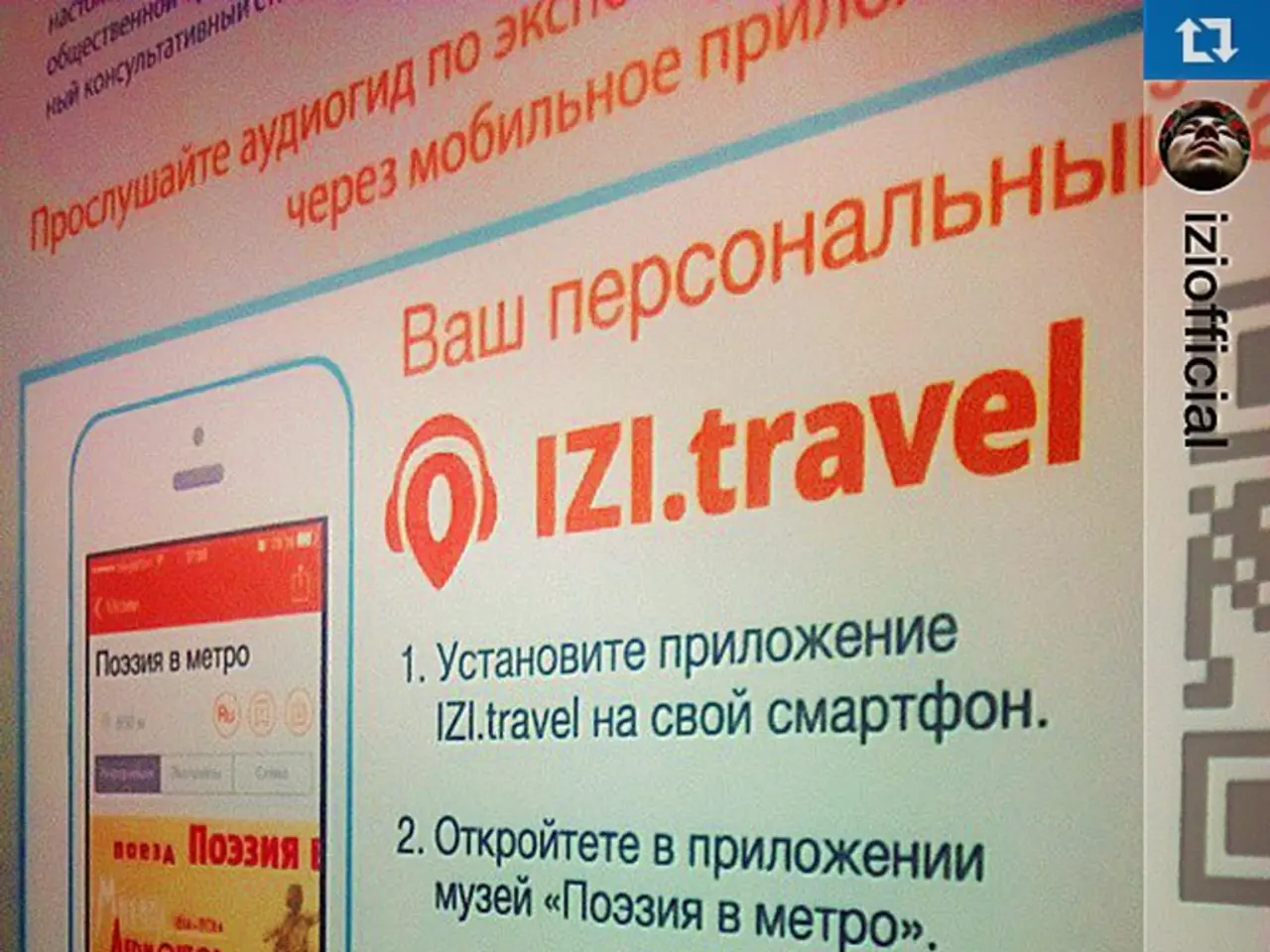Twitch prohibits ads for CS:GO gambling: Implications for streamers explained
In a move aimed at addressing concerns around gambling-related content, Twitch has announced a ban on the promotion and sponsorship of CS:GO skin gambling, marking a significant shift in the streaming landscape for CS:GO and the broader gaming ecosystem [1][2].
The ban, which prohibits the sharing of links or affiliate codes to gambling platforms, cuts off a major revenue stream for many streamers who have been involved in affiliate marketing with skin gambling sites [1]. This decision could potentially force CS:GO streamers to reconsider their content focus, moving away from gambling-related streams and sponsorships that have been popular within the CS:GO community [1].
High-profile players, such as CS:GO pro S1mple, who have ventured into streaming gambling content, may face challenges in continuing this practice on Twitch due to these restrictions [1].
The ban's implications extend beyond Twitch. Other streaming platforms could potentially capitalise on this opportunity, attracting streamers and gambling-related content previously tied to Twitch, if they have more lenient gambling policies [2]. This could lead to a diversification of streaming content ecosystems, with some platforms becoming hubs for gambling streams while Twitch focuses on stricter community standards [2].
The ban on CS:GO skin gambling is a reflection of a growing trend towards tighter regulation on gambling-related content in live streaming to avoid legal and ethical issues [1][2][3]. While Twitch does not ban all casino or gambling content outright, the restriction on skin gambling associated with CS:GO signals a serious step, especially in esports contexts [1][2][3].
The ban is primarily due to concerns that minors could watch streams with gambling content [4]. This move follows a report by gaming magazine Kotaku stating that Twitch has updated its terms of service to ban CS:GO gambling [1].
The ban could lead to a shift in the CS:GO streaming landscape, as streamers may need to find new ways to monetize their content [1]. It remains to be seen how the new restriction on CS:GO gambling on Twitch will affect CS:GO content, the gambling sites, and whether other streaming providers could fill the gap [5].
It's worth noting that many successful CS:GO streamers are suspected to have partnerships with such gambling sites [5]. The impact of the ban on these partnerships is yet to be fully understood.
The legality of gambling varies by region, with some U.S. states allowing esports betting legally [5]. This could impact streamer decisions and platform policies, as streamers may consider migrating to platforms with fewer restrictions or operating in regions where such activities are legal.
References: [1] Kotaku, (2021). Twitch Bans CS:GO Gambling. [online] Available at: https://kotaku.com/twitch-bans-csgo-gambling-1848117313 [2] The Verge, (2021). Twitch bans CS:GO skin gambling sponsorships and promotion. [online] Available at: https://www.theverge.com/2021/7/22/22585915/twitch-csgo-skin-gambling-sponsorship-ban-streamers-affiliate-marketing [3] PC Gamer, (2021). Twitch bans CS:GO gambling sponsorships. [online] Available at: https://www.pcgamer.com/twitch-bans-csgo-gambling-sponsorships/ [4] Dexerto, (2021). Twitch bans CS:GO gambling sponsorships and promotion. [online] Available at: https://www.dexerto.com/csgo/twitch-bans-csgo-gambling-sponsorships-promotion-1710352/ [5] Eurogamer, (2021). CS:GO streamers could move to platforms with fewer restrictions following Twitch's ban on gambling sponsorships. [online] Available at: https://www.eurogamer.net/articles/2021-07-22-csgo-streamers-could-move-to-platforms-with-fewer-restrictions-following-twitches-ban-on-gambling-sponsorships
- In light of the Twitch ban, there might be a surge of gambling-related content moving from online casinos in Germany (and other platforms) to social media, as streamers search for alternative means of monetization.
- The rise of technology and gadgets have made it possible for sports enthusiasts, such as football fans, to engage with their favorite games more interactively, possibly leading to increased engagement with online casinos or gambling sites.
- The entertainment industry, including the gaming and streaming landscape, could witness significant shifts with the increasing regulation of gambling-related content, potentially encouraging the exploration of non-gambling content such as e-sports, tech reviews, or even live shows.






